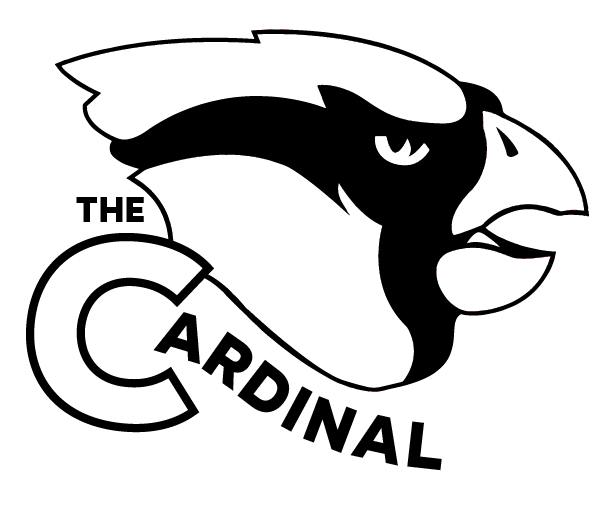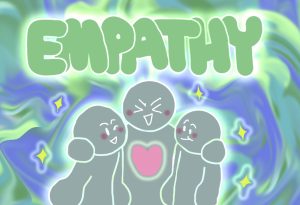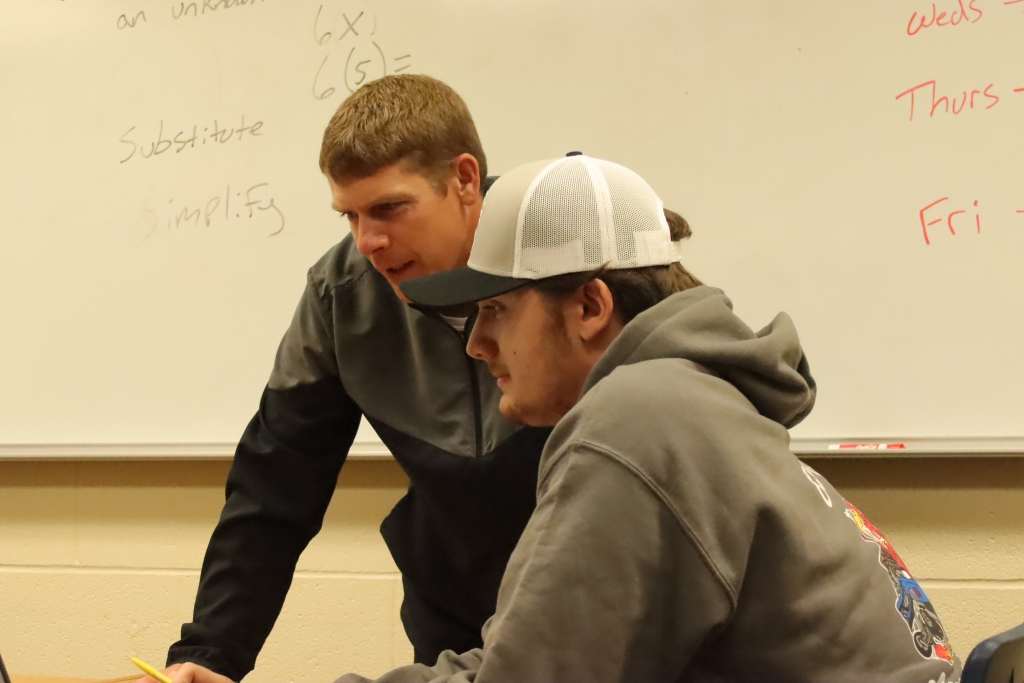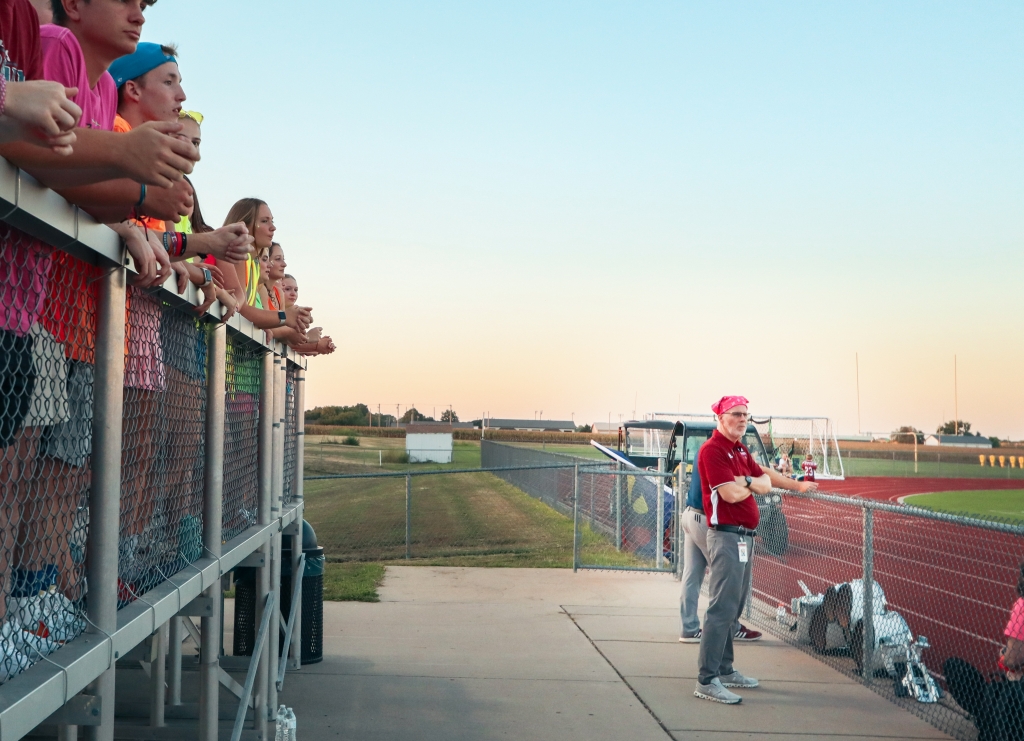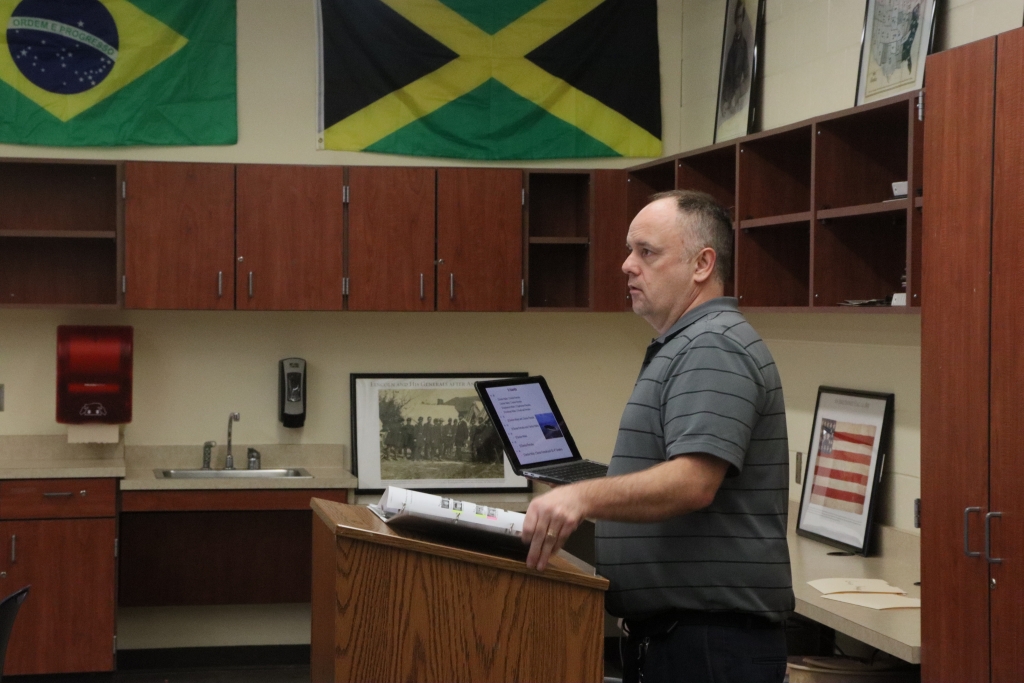Controversial Classroom topics
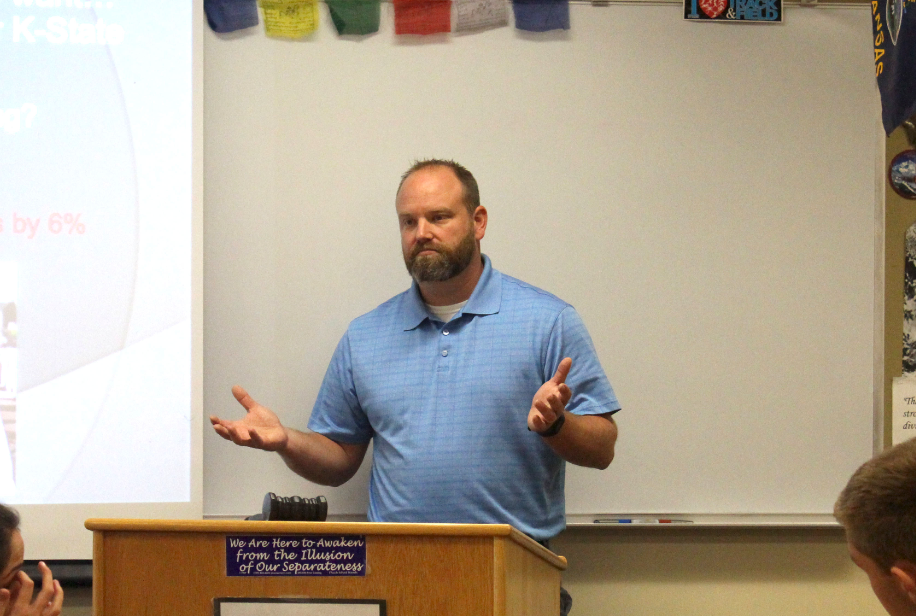
STORY BY KHLOE CRAWSHAW
Many classroom topics in a student’s day-to-day life do not challenge their opinions, thoughts and beliefs. What happens when a classroom curriculum gets controversial? How about political? Do students, and teachers, have lines that they are not willing to cross?
Vice Principal Joe Zlatnik, who was previously a history teacher, says that sometimes controversy isn’t a bad thing to introduce into a classroom.
“I try to lean into controversy,” he said, “One aspect is to prepare kids for civic life. If we pretend these don’t exist we are not preparing kids. There are people who are passionate, and that is great, but let’s have informed opinions and discuss them respectfully,”
Zlatnik said that when teaching a controversial subject, a teacher often has to have an understanding of what a class can handle when it comes to having discussions with possibly contradicting views.
“I’m always willing to play devil’s advocate,” Zlatnik said, “It is important because we get stuck in our own beliefs. Maybe there are some good other side arguments that you haven’t thought about.”
Mr. Dunback, government teacher, uses the same techniques.
“When I play devil’s advocate, I can transform my mind into the passionate person on both sides of the issue. I hope that I am genuine in this… I sometimes have the debate for them — with myself. No one is attacked but me — by me,” said Dunback. Dunback believes that a teacher should decide why they want to discuss a controversial topic.
“If it is for entertainment or to figure out a winner or a loser, I would advise against it,” said Dunback. “Most of these controversial topics are, by nature, relevant… and kids want to talk about them. But my goal as a teacher should be to educate… inform… help students learn not only what they believe, but that people disagree with them.”
In Dunback’s Government class, politics and possibly controversial topics are part of the curriculum and is expected by students and teachers that the topics may get highly debated. Senior Allison Gladfelder sees this, and understands that controversy can get messy if not taught right.
“As long as they [the teachers] don’t push their opinions it’s okay,” Gladfelder said, “They should be able to talk about it if it’s something weighing on society at the time.” Gladfelder also believes that teachers need to stick to the role of discussion facilitators and not try to change anyone’s beliefs.
“They should try to tell the facts of the controversy and if the students want to share opinions they can, and the teachers can take part too, but they can’t be super forceful on students,” Gladfelder said.
Gladfelder also sees that in classrooms like Dunback’s, hearing sides of arguments she hadn’t thought of before is frustrating to understand, but helpful.
“It’s a good thing teachers do things like play devil’s advocate so you can see the other side of the argument but sometimes is annoying because they are fighting for the side that isn’t mine… but it’s helpful in hindsight,” said Gladfelder.
Mr. Jason Tharp, US History teacher at EHS, leans away from playing devil’s advocate, however.
“I like to figure out it out with the students,” said Tharp. Tharp does an activity in class often over current events to get students talking about current issues in the world. “Most 16- and 17-year-olds think that teachers have all the secrets in life figured out, but that isn’t the case. Getting to debate those relevant issues is one of my favorite parts of my job.”
In classes like US history and government, controversy is bound to show up in their very political topics. But some other classes that don’t discuss politics can still have controversy.
In Shannon Pickett’s English classroom, sometimes controversy is part of the fiction pieces that are read in class. This allows students to think and see different perspectives.
“If you can walk in someone else’s shoes and see the other side of it you can be more empathetic,” said Pickett. She said that sometimes, books are considered controversial from the past because of quotes out of context.
“If the only thing you look at over the book is the controversy, you don’t see the overarching themes,” said Pickett. “If anyone wants to protest the book they first have to read it and have a conversation. If that is a requirement, most of the time they will understand more about the look than just the controversy,” Pickett thinks that controversy is not anything to shy away from in the classroom.
“As you age, you will be surrounded by controversy, and a classroom is a comfortable and mediated place to discuss,” said Pickett.
Junior Braden Beadleston completely agrees with Pickett.
“Politics are apart of everyone’s lives,” said Beadleston. He enjoys talking about political topics in class because it helps him better understand his peers, and the world around him.
“We care about the whole world and the politics of everything.,” Beadleston said, “Whether people think that’s good or bad, it’s never not okay to be informed about what’s happening in the world around you.”
